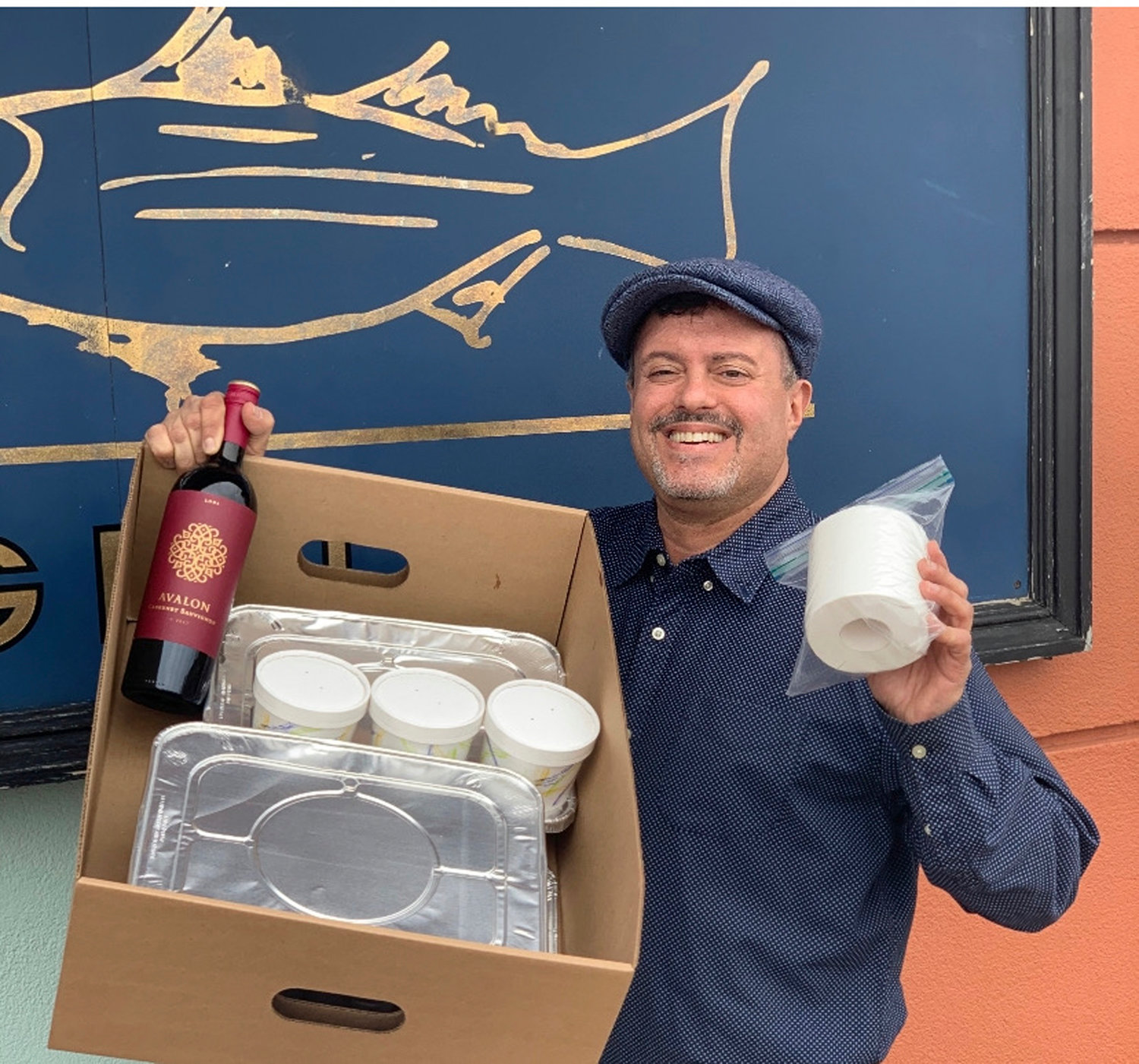Businesses adapt to COVID-19 outbreak
Restaurants, stores work to support community
St. Patrick’s Day is normally a happy, celebratory occasion for Ivan Sayles, owner of Rachel’s Waterside Grill on the Nautical Mile. This year, however, he spent that morning calling 20 employees to lay them off.
The move came after Gov. Andrew Cuomo called for all restaurants to offer takeout and drive-through only to combat the spread of the coronavirus.
“It was hard making those calls,” said Sayles, who has been in business for 24 years. “I was near tears every time telling them that I didn’t really know when they would be able to come back. Some of them have been with me for 20 years, and they have families that rely on them.”
As of the time of press, there were nearly 5,000 confirmed cases of the COVID-19 virus on Long Island, and 10 people had died from it in Nassau County. There were 34 people who tested positive for the virus in Freeport, according to the Nassau County Department of Health.
A number of businesses have been forced to close because they are deemed “non-essential” by the government, but restaurants are, Cuomo said, “essential.” And they are finding ways to adapt and survive.
Sayles — who is operating Rachel's with his partner, Rich Venticinque, and one dishwasher — said the three-man team is doing all the cooking and cleaning, and is even delivering the food.
“Sometimes it’s just long days waiting for people to call or show up,” Sayles said.
Rachel’s is offering a $45 family meal that feeds up to six people. He said it is popular among older adults, who can make it last for a few days, reducing their need to shop and potentially be exposed to the coronavirus. Sayles included a free roll of toilet paper with every meal.
Chuck Madu, owner of Freeport Medical Supply, said he saw an initial surge of customers in the days immediately after the pandemic outbreak, but it dropped off over the past week. With many doctors’ offices closing, he said, fewer people are coming in to fill their prescriptions at the pharmacy.
Madu, who has operated the business since 2006, said he might have to lay off his five employees if business continues to drop. He added the store would try to stay open at least six hours a day, from 10 a.m. to 4 p.m., so people can get what they need. The pharmacy is also providing up-to-date information on the virus to anyone who visits.
“We want to be here for everyone,” Madu said,” but sometimes you’ve got to know when you need to pull the plug.”
Madu said he hopes to restock his supply of medical masks, but the cost charged by vendors is too high now.
Rising prices from vendors also worries Jenny Jorge, vice president of operations at Gala Foods Supermarket. Jorge said the grocery has been accused of price gouging when the cost of an item goes up.
“But that’s not what’s going on,”” Jorge said. “Vendors are raising prices because there’s few supply and great demand. We have to raise prices because of that.”
Gala Foods has cut back store hours, and now is open from 8 a.m. to 8 p.m. It is disinfected from 9 to 10 p.m.
Gala Foods opens an hour early, at 7 a.m., for seniors only. The supermarket, he said, needs to be safe for older adults. “We still have hundreds of people coming through our doors, so this helps them shop in a calmer atmosphere,” Jorge said.
Community support is vital for local small businesses, according to Sayles. “We depend on our local customers, and we want to continue business for as long as we can,” he said. “We’re thinking of anything we can do to help, but I know we can get through this together.”

 47.0°,
Fair
47.0°,
Fair 




